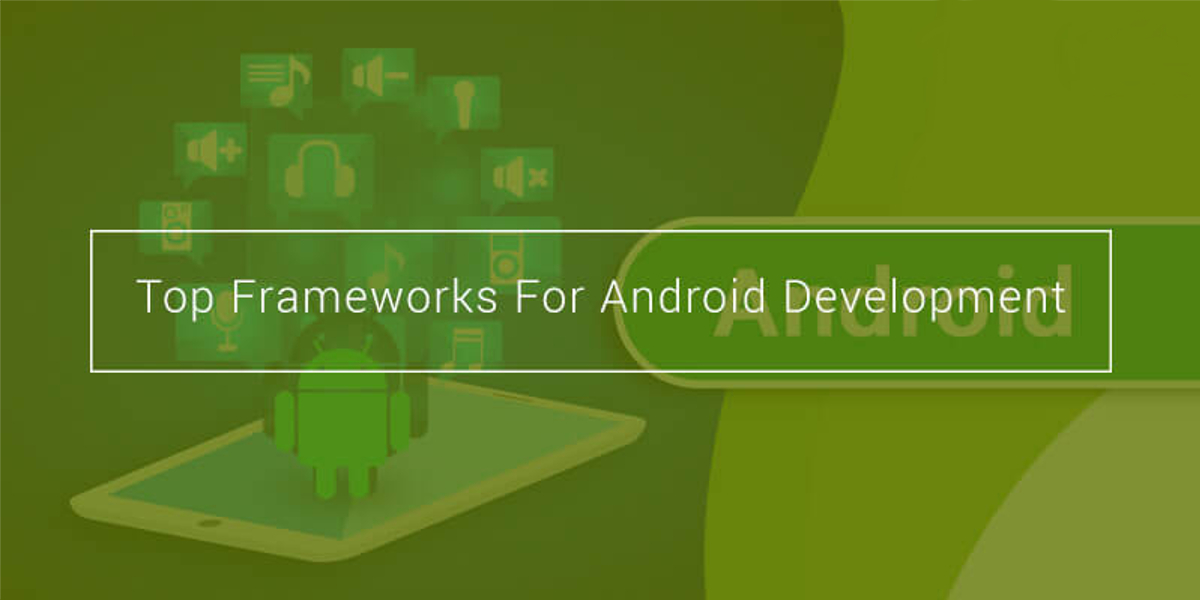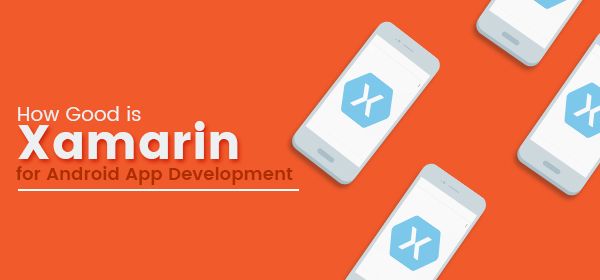There’s no end in sight for the dominance of Android apps in the mobile landscape. And with the emergence of frameworks which cheapen and expedite Android app development in the USA, many more businesses across the board are poised to tap into the mobile trend and capture their share of the mobile market pie.
In the not-too-distant past, Android app developments were out of reach for most enterprises and brands because app developments were way costlier and complicated than they are today. But today, numerous frameworks have helped fuel the growth and popularity of Android apps thanks to their capacity to facilitate cheaper, quicker, and more efficient Android app developments. The following is a rundown of the best of such frameworks:
1. The AppBuilder
With its codeless user interface which simplifies and expedites
mobile app development in the USA, the AppBuilder framework has endeared many prominent brands across the globe. The framework features pre-built modules for push notifications, polls, analytics, content developments and lots more.
The framework is mostly suited for use in information-based app developments. And since it’s integrated directly with Google Play, it takes only a click to submit the app on Google Play.
2. PhoneGap
Adobe System developed this framework to ease the development of hybrid mobile apps. A web and mobile development company can easily deploy this framework without using mobile programming language expertise. The framework only requires a basic knowledge of web development languages such as CSS, JavaScript, and HTML.
When you hire an Android developer who uses PhoneGap for your Android app development, the developer uses tools such as PhoneGap Build, PhoneGap Developer, Plugin Library, third-party tools, and inputs from the PhoneGap Developer community to whip up a rapid, high-quality, cost-effective app development. What’s more, a developer can build a single codebase which is compatible with multiple platforms and various devices.
3. Corona SDK
With a backend framework based solely on Lua, which is a dynamic, lightweight programming language with speed, compactness, and extensibility as its chief attributes, the Corona SDK boasts a capacity to facilitate 10-times faster developments of game and mobile apps.
The framework is free, cross-compatible and facilitates real-time testing. Also, when you hire an Android developer to work with this framework, the developer is given free access to tutorials which covers everything from the basics to the more advanced aspects of mobile development.
4. Appcelerator Titanium
This framework boasts great tools for building first-rate native mobile app development in the USA, including the Appcelerator studio, the Appcelerator Insight, Appcelerator Arrow, Apple Watch SDK, and more. It simplifies cross-platform mobile app development in the USA by allowing for the use of a single JavaScript code base that runs on multiple platforms. In addition, it’s based on Titanium, and furnishes direct access to native APIs through Hyperloop. It also facilitates mobile test automation, debugging, mobile analytics and mobile backend as a service (MBaaS).
5. jQuery Mobile
This framework comes with a host of impressive features such as progressive enhancement, semantic markup, themable design, as well as support from PhoneGap and Cordova. The framework also facilitates the development of responsive web apps.
Any excellent iPhone and android app development company will deeply appreciate the possibility of creating a single code base that runs on nearly every platform using jQuery Mobile. Also, programmers can use the JQuery Mobile builder to create custom JavaScript files together with structure-only style sheets.
6. Xamarin
This is another great framework that facilitates the construction of a single code base which can run on nearly every platform. The framework has already endeared over 1.4 million developers across the globe. It features sets of tools that are compatible with the .Net Framework.
It also furnishes developers with all the advanced tools of Microsoft Visual Studio, including auto code completion, debugging on the simulator, IntelliSense, etc. There’s also the Xamarin Test Cloud, which allows a web and mobile development company to carry out real-time tests on over 2,000 real devices via the cloud, and this provides a great advantage, given the greater diversity in the Android ecosystem system.
7. Glide
As a very popular library used to upload, rotate, cache images and minimize their sizes, Glide has been used in numerous Google open source projects. It facilitates the relatively quicker loading / caching of images, and also provides support for animated GIFs. This makes it a superior library for handling images to create an amazing UX for US app development.
8. NativeScript
This framework allows a web and mobile development company to easily create apps using JavaScript, Angular, and TypeScript. With support from Telerik, a Bulgarian company which provides numerous software tools, it is one of the most outstanding frameworks that facilitates the use of a single code base for creating platform-native user interfaces.
When you hire an Android developer to build an app using NativeScript, the developer gets to draw from the rich pool of resources and tutorials available on the framework’s official website, including source codes, real-world app implementations, etc.
9. Iconic
Licensed under the MIT license, this is one of the most popular frameworks that facilitate the creation of a single code base that’s compatible with numerous operating systems. It has endeared over 5 million developers. It comes with a rich assortment of libraries and tools for the development of progressive web and native mobile apps. It also allows for the deployment of native plugins which support features such as fingerprint authentication, Bluetooth, etc.
10. Realm
Upon the launch of its iOS version, this framework attracted over 20,000 developers within just 2 months. The Android version of this framework, which is a great mobile database facility, expedites the creation of simple, neat, yet efficient model layers. Besides featuring tools which simplify and fast-track app development in the USA, the framework comes with an impressive array of collaborative features which enhances both online and offline UX.
Conclusion
The frameworks listed above make for quick, cost-effective Android app developments. Hence they’re poised to remain the key drivers of Android app popularity, and they’ll continue to create immense opportunities for any excellent web and mobile development company. However, the choice of framework isn’t meant to be a rigid one, as you have the liberty to freely switch between the frameworks, depending on your preferences. When you’re ready to create your app, be sure to contact us, and we’ll work with you to make just the right app for your business.

.jpg)

